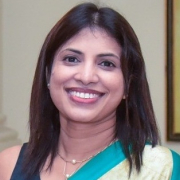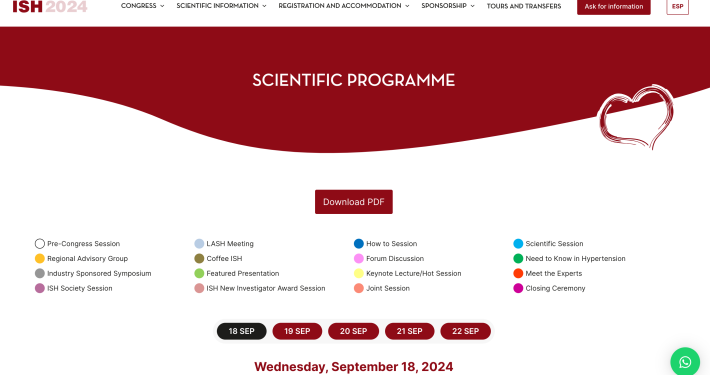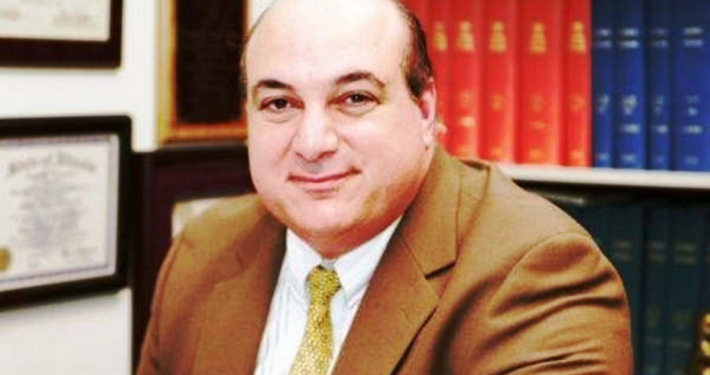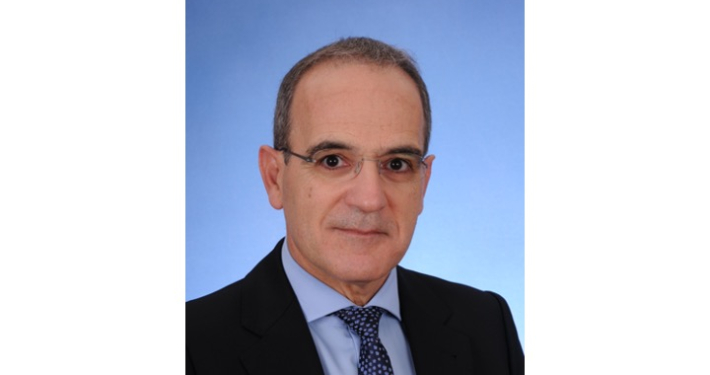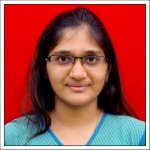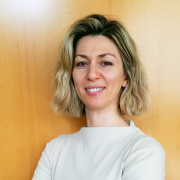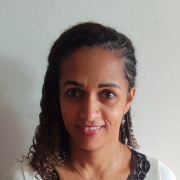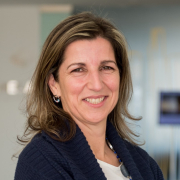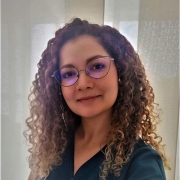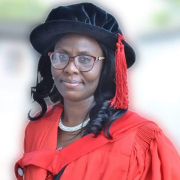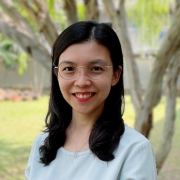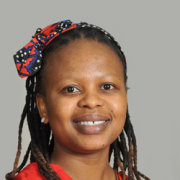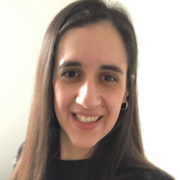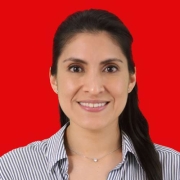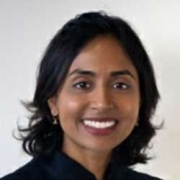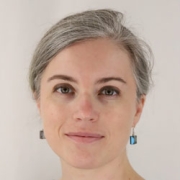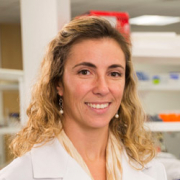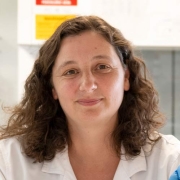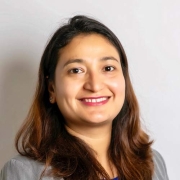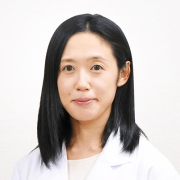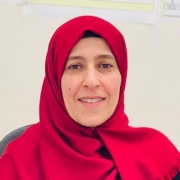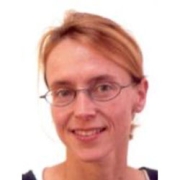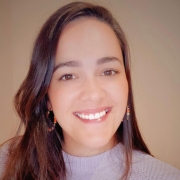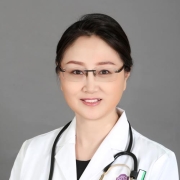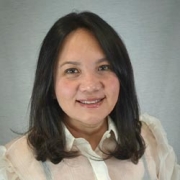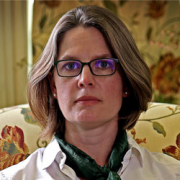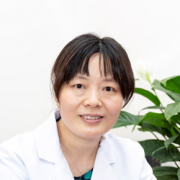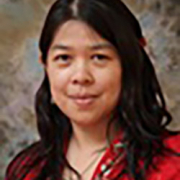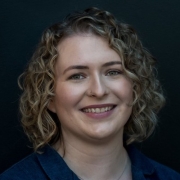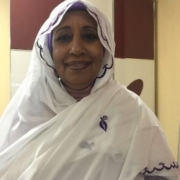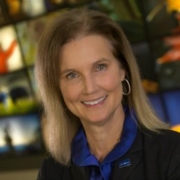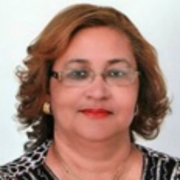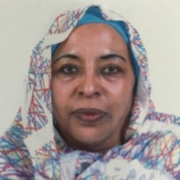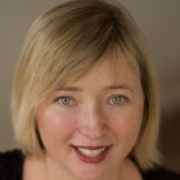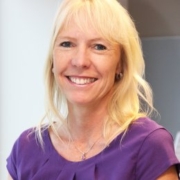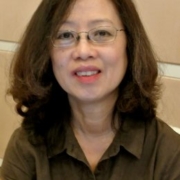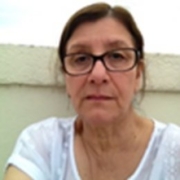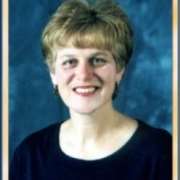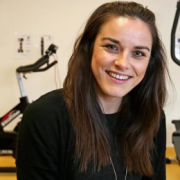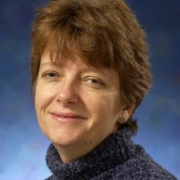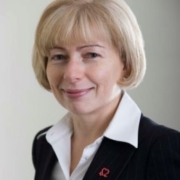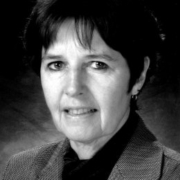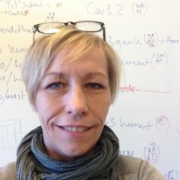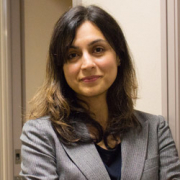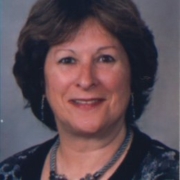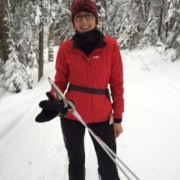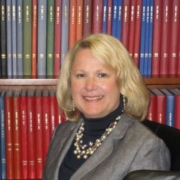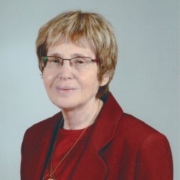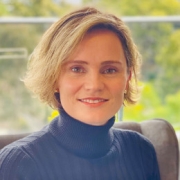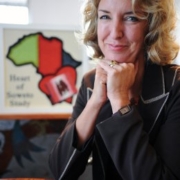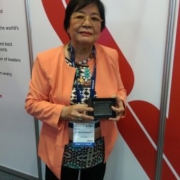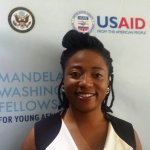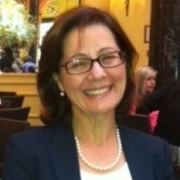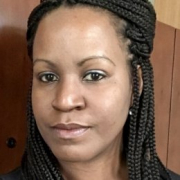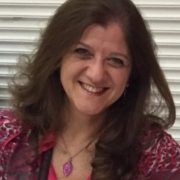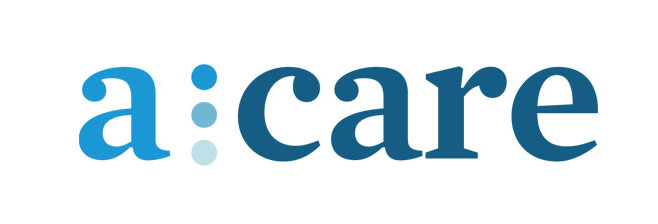- What is your role at your work?
I am a Consulting Dietician, both as an individual and also to corporates and leading hospitals in Pune.
For the past five years I have also been a guest lecturer for the Masters Program in Public Health Nutrition offered by the Maharashtra University of Health Sciences, Pune, India.
As Chapter Secretary, I organize awareness programs, lectures and workshops for doctors and paramedical staff to sensitize them regarding various diseases with a focus on prevention, epidemiology and lifestyle modifications.
- How did you get interested in your career path?
As a medical college student, one thing always stood out for me. “Prevention is better than cure”. To take this ahead, I focussed on the risk factors of various diseases and their modifiable causes. With the growing burden of lifestyle disorders, it became clear to me that to prevent or reduce the burden of lifestyle diseases, it is important to understand the causes behind them. I was at the time already working as a Consulting Dietician for a Senior Cardiologist. Here, I encountered hypertension in most of the patients – usually coming with complications. Very few patients came with only hypertension as a problem – they realized that they have hypertension only after the complications started. That is when I started working on:
- Epidemiology of cardiovascular diseases and its risk factors and
- Creating awareness about hypertension and diabetes among the doctors, patients and the common man.
I took this further as my doctorate level work to study the modifiable risk factors of hypertension which gave me an understanding of the risk factors that were important.
- What are you most proud of in your career or otherwise?
I have dedicated the last eight years to continuing to work in this field without any guidance, and this has made me learn and grow as a person. It was a matter of personal gratification when my work and research showed that the monitoring of hypertension should commence from the age of 20 yrs+ (at least in the urban Indian regions) and not from the present trend of monitoring from 35 yrs upwards.
- What important career challenges have you faced and how did you overcome them?
For the past eight years my biggest challenge has been that of being ‘credible’ and ‘competent’ and ‘capable’ as a woman in a man’s world. The challenge has been to overcome the patriarchal mindset and to convince people that as a woman I am a serious professional in the field with a lifelong career. It is all the more disheartening to see that even women show similar bias towards women professionals. This challenge became all the more difficult with the lack of financial support.
There are no easy fixes to this. It is a continuous struggle and every new achievement or a professional success helps bring down these social barriers. Success, achievements and recognitions are the only weapons. Celebrating even the small achievements of women help.
- What advice would you give your younger self?
The essence of research is to break free from current thinking and usher in new ideas. This will always be resisted by the establishment. My only advice therefore is to continue to work sincerely and honestly, with an independent and an open mind, not be deterred by legacy thinking and to always have the courage of conviction to persevere with what you think is right.
- Highlight your most significant research contributions and publications (3-5) – if relevant to you.
- Quality of Life of Hypertensive Patients. Paper presented to the 26th International Conference on Hypertension, International Society of Hypertension, Seoul (September 2016).
- Estimation of phytochemical components from cassia tora and to study its larvicidal activity. International Journal of Pharmaceutical Sciences Invention.
- A Study Of The Prevalence Of Cardio-Vascular Diseases And Its Risk Factors (Behavioral, Dietary, Lifestyle And Medical) In The City Of Pune. International Journal of Pharmaceutical Sciences Invention
- Risk factors of hypertension among adult men: evidence from a real world outcomes investigation in a Western Indian population. International Journal of Advanced Research
- Have you had any significant career mentors? If yes, please provide further details.
The struggle has been greater as I have not had mentors or anyone to help me guide through.
- How can we support the next generation of women scientists?
The ideal way would be to create an ecosystem of a boundaryless network and an infrastructure that proactively and seamlessly supports the next generation of women scientists. The ecosystem should be able to promote these women scientists for funding and Corporate Social Responsibility Funding to provide incubation facilities and nurture cooperative and collaborative research on a global basis.
This support should be a system for researchers and scientists to fall back on. It should be a platform to interact with and learn from seniors, co-researchers and others working in this field. A major hurdle for any researcher is finding people with similar interests and working with them. It is important to have a common platform where there can be discussions and interactions, and accessibility to know what others are doing.
